21 calories
Serving Size 0 cup (about 31 g)
There is no photo available for this food item however it should be similar in terms of nutritional content and calorie density as the following items. You can use these for references.
(97% similar)
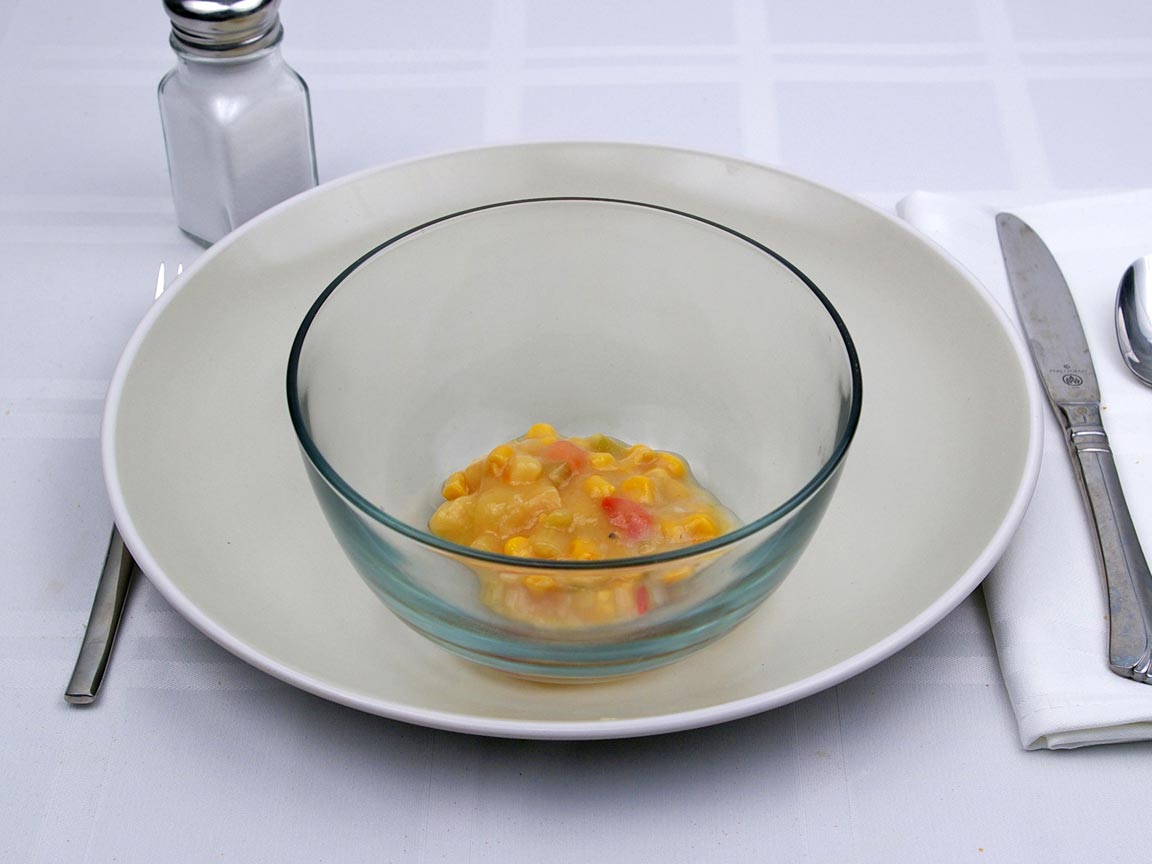
Corn Chowder Soup
(97% similar)
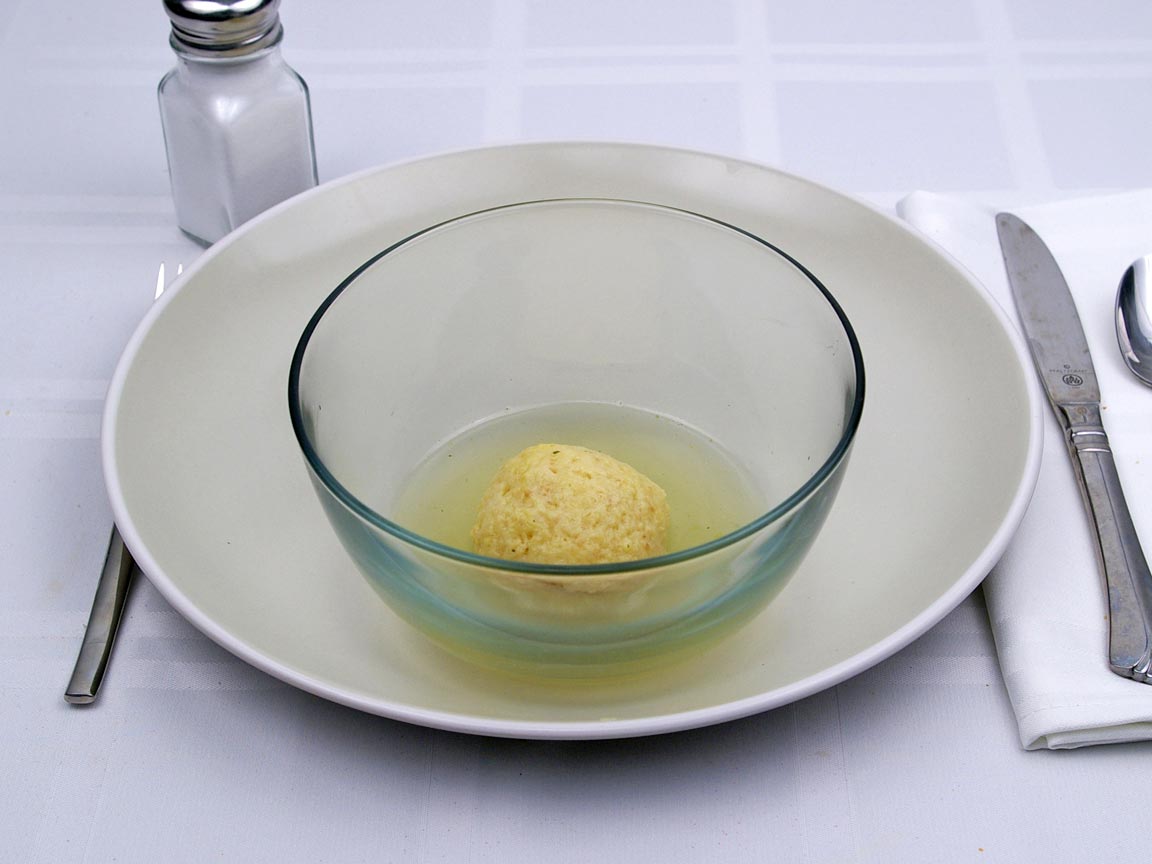
Matzo Ball Soup
(95% similar)
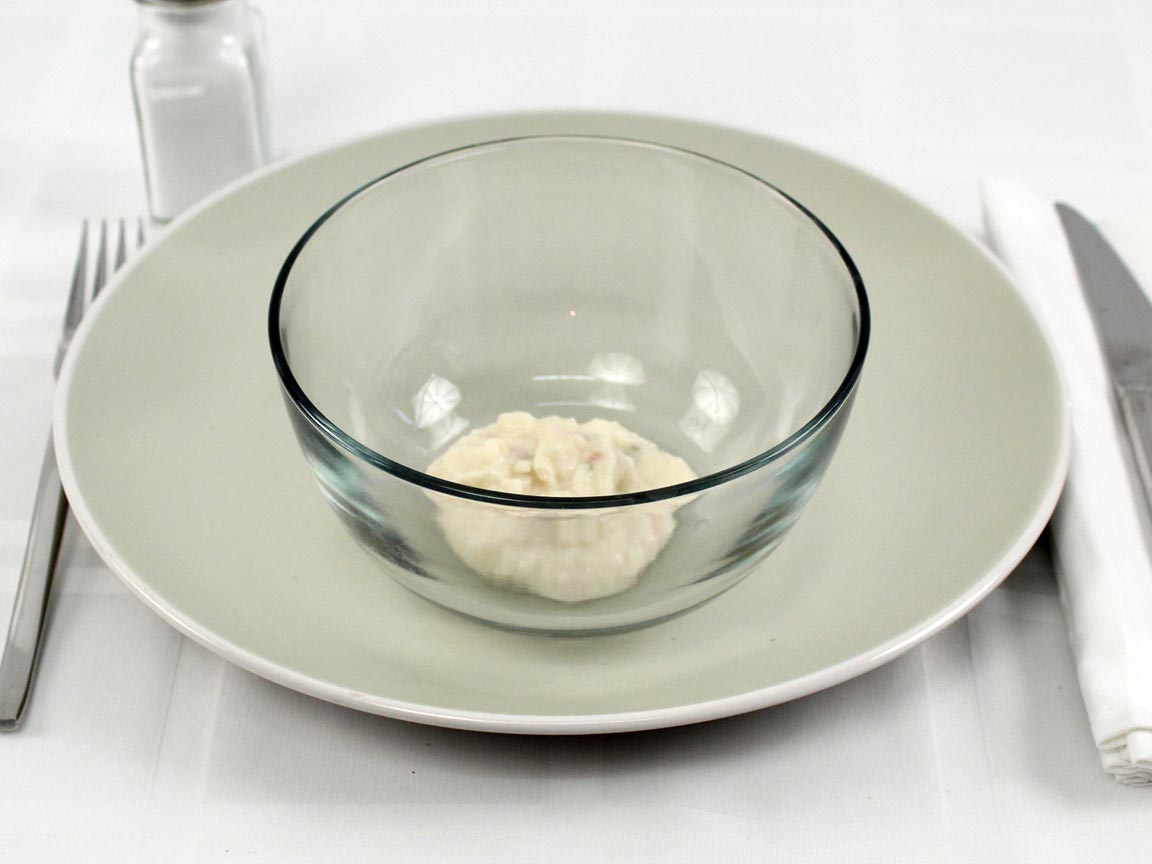
Panera Baked Potato Soup
(88% similar)
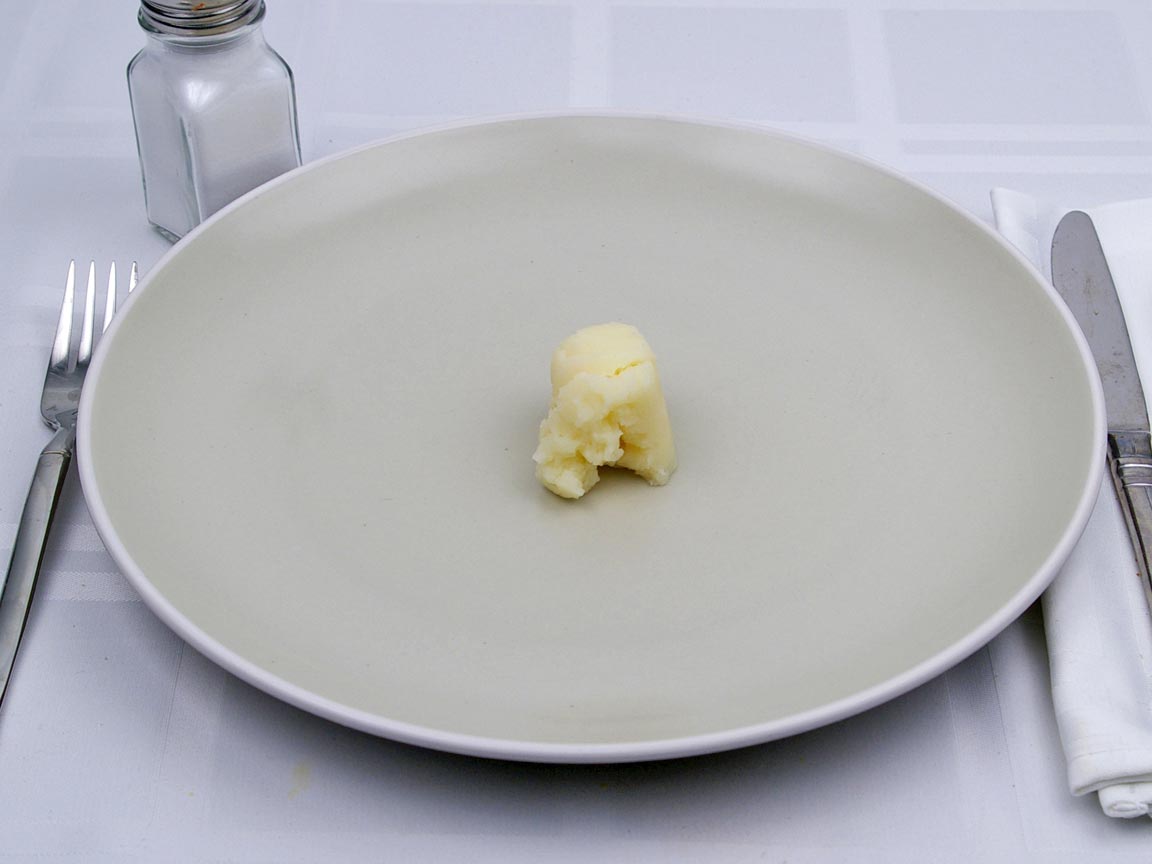
Kentucky Fried Chicken - Mashed Potatoes - No Gravy
(98% similar)
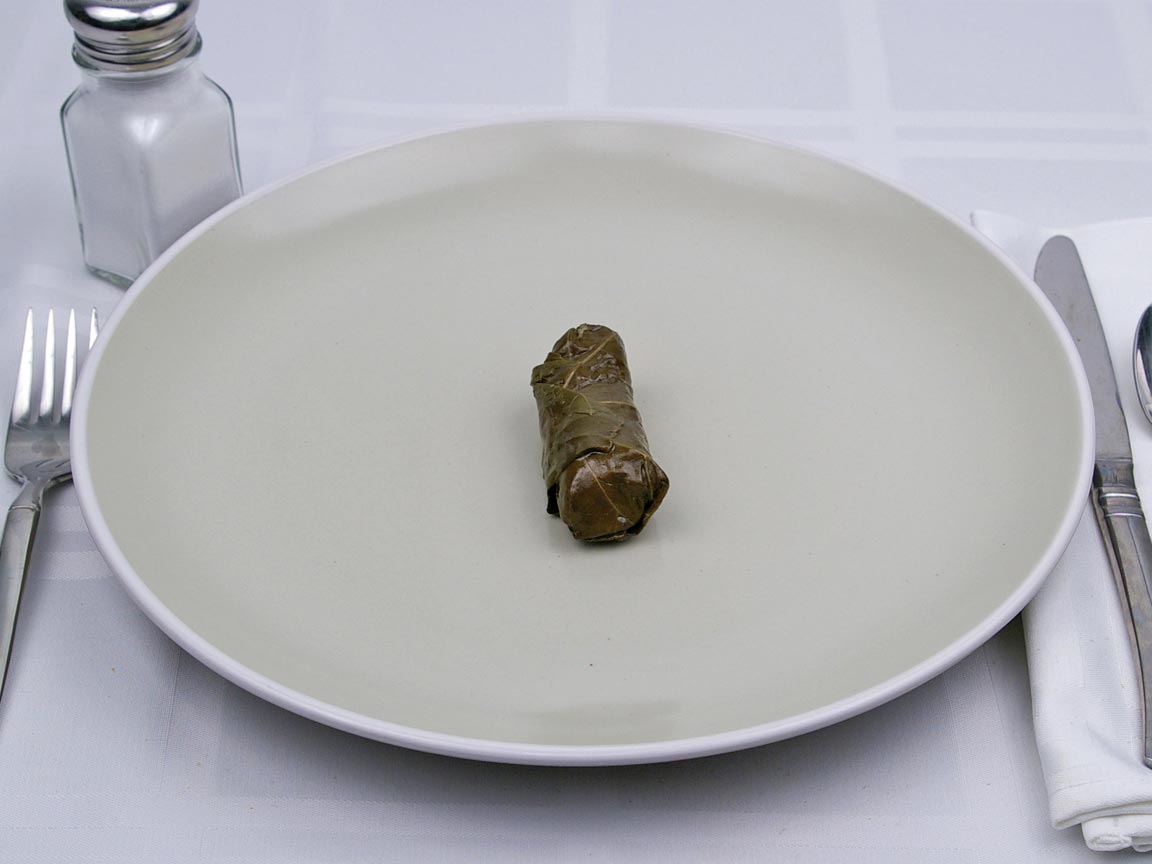
Dolmas - Rice
(96% similar)
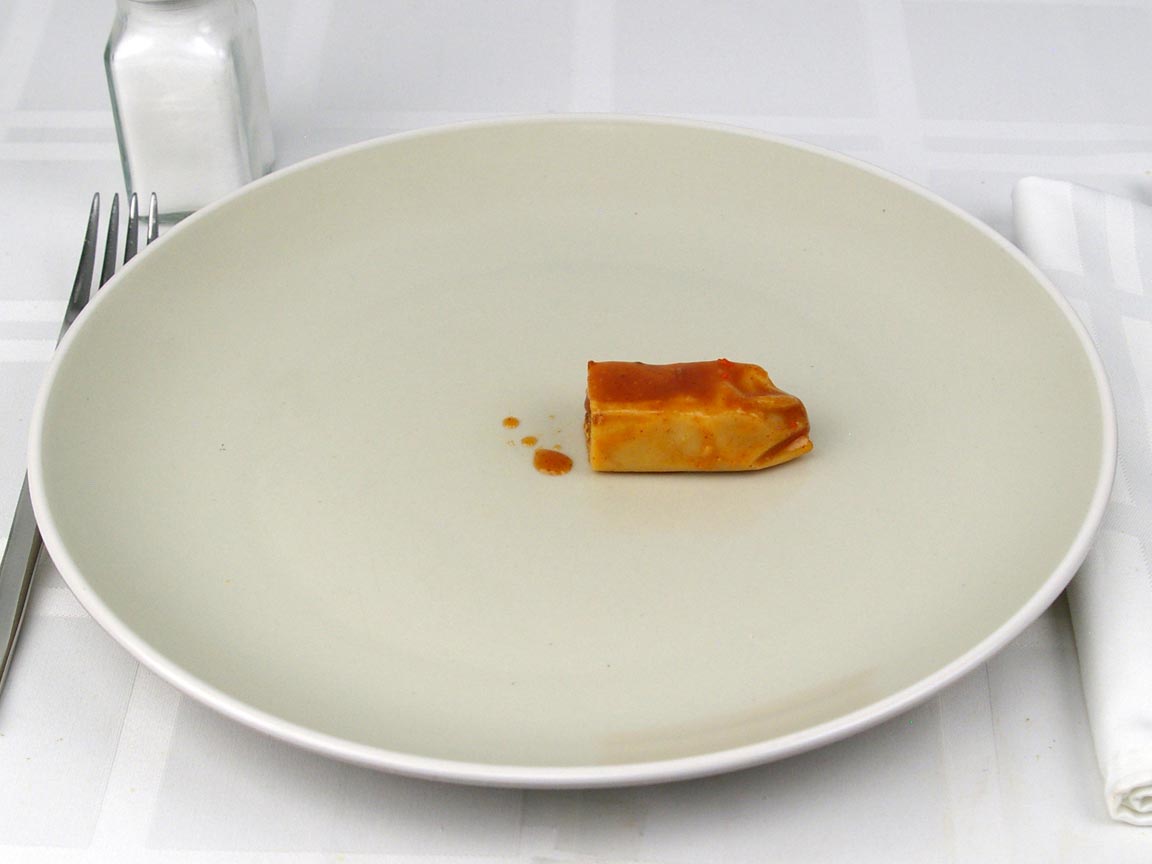
Hormel Beef Tamales
Serving Size 0 cup (about 31 g)
| Amount Per Serving | ||
|---|---|---|
| Calories 21 | Calories from Fat 13 | |
| % Daily Value* | ||
|
Total Fat
1 |
2 |
|
|
Saturated Fat
0 |
0 |
|
|
Trans Fat
0 |
||
|
Cholesterol
2 |
1 |
|
|
Sodium
207 |
9 |
|
|
Total Carbohydrate
3 |
1 |
|
|
Dietary Fiber
0 |
0 |
|
|
Sugars
0 |
||
|
Protein
0 |
||
* Percent Daily Values are based on a 2,000 calorie diet. Your daily values may be higher or lower depending on your calorie needs.
Available portions
Food analysis
Low Calorie Density
High In Fiber
High Sodium
Junk Food
There is 21 calories in 31 grams of Soup, chicken.
With 84 calories per 100 grams, this food would be considered a Low calorie density food.
A Low calorie density usually indicate that you can consume a larger amount of food with less calories and are usually good choices when dieting.
Soup, chicken is High in carbohydrates, Very Low in proteins and High in fats. You can look at the macronutrients graph below for a detailed ratio.
With a High quantity of fibers and a Low quantity of sugars, this usually indicates that it is a good choice of carbohydrates.
This item has High quantity of carbohydrates and fats. This combinasion is usually indicating that you should stay away from this food labeled as "Junk Food".
With 8 grams of "Net carbohydrates" per 100 grams,
it must be consumed with moderation if you are following a Keto or Ketosis diet.
Related Searches
condensed
canned
mushroom
chicken
soup
Macronutrients split
52.4% Carbohydrates
42.9% Fats
Nutrients and how much we eat of it play an important role on our health and body composition. To learn more on theses, check our blog posts on Proteins, Carbohydrates and Fats.